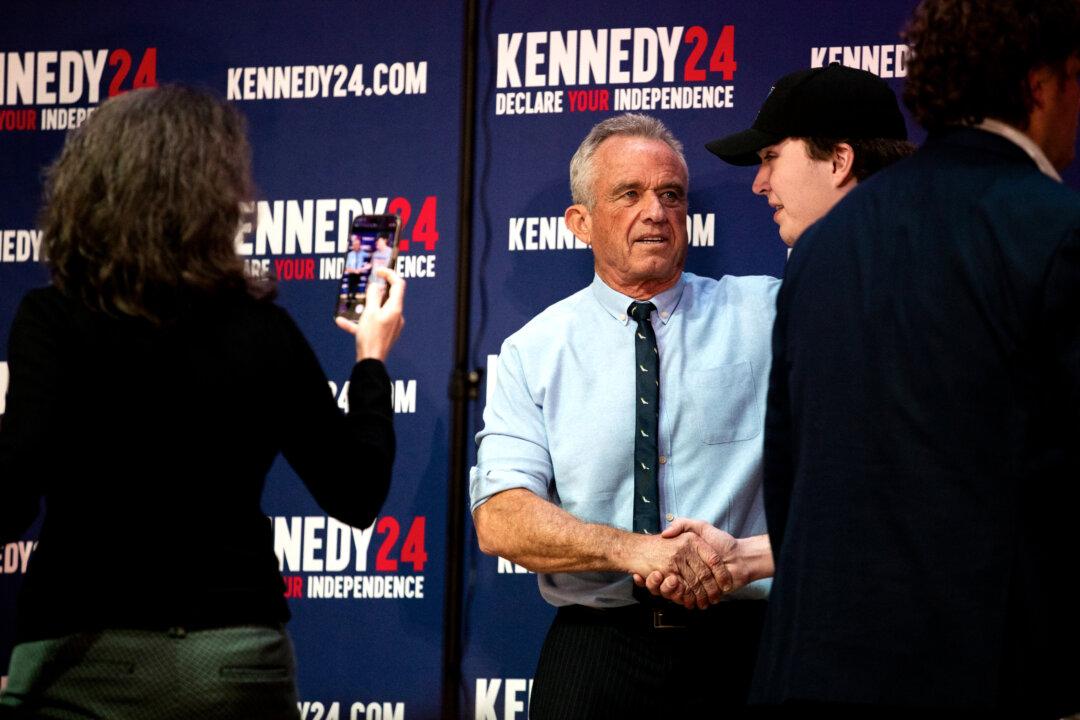While a super PAC aligned with Robert F. Kennedy Jr. indicated on its website that it had collected enough signatures for the candidate to appear on the South Carolina ballot, a federal judge ruled that Mr. Kennedy’s campaign could not collect ballot signatures at Maine polling locations during the March 5 primary.
In late February, Mr. Kennedy’s campaign sued Maine Secretary of State Shenna Bellows. Ms. Bellows, a Democrat, enforced the state’s restriction on candidates gathering ballot signatures at polling places when an election is being held for the same office that the candidate is pursuing.





